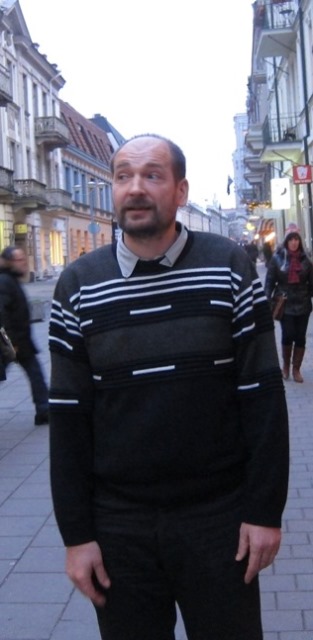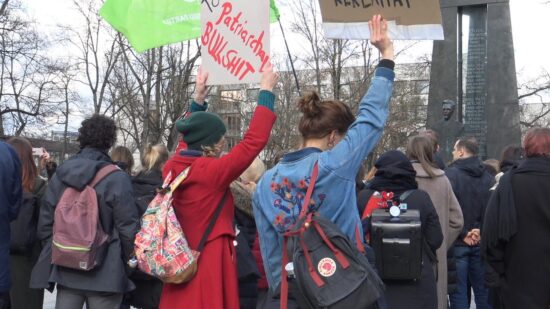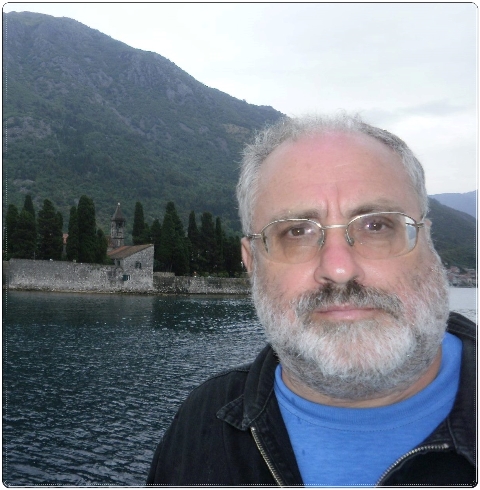◊
◊
Editor’s note: Seven years ago, journalist, researcher and ethicist Evaldas Balčiūnas, who was born, raised and continues to live in Lithuania, began his remarkable series of articles on state “heroes” who were alleged Holocaust collaborators (or perpetrators) with his 2012 essay on Jonas Noreika (“General Storm”), published in Lithuanian and the same year, in English in Defending History. As a result, Mr. Balčiūnas (bal-CHOO-nass) was subjected to years of legal harassment and persecution by prosecutors, police, and assorted far-right “plaintiffs” (please scroll down to 22 May 2014 in the Balčiūnas section to follow the saga). The Defending History community is proud to have stood by Evaldas at each of the kangaroo trial hearings in Vilnius, and is delighted that all these years later, talented American campaigners with wherewithal have taken up the cause to major good effect, and have now brought the Noreika matter to the Vilnius courts (see report on 15th January hearing). We hope that our American friends and colleagues will see their way clear to fully crediting Evaldas Balčiūnas’s work (and noting its consequences for him) on the various new websites and blogs established, including, for starters, the excellent online Captain Jonas Noreika Museum.
◊
The first time I heard of Jonas Noreika was back in 1993. I was chatting with Petras Dargis in the editorial room of the newspaper where I worked, here in Šiauliai, northwestern Lithuania, when a man of short stature came in. He started to scold one of the reporters for his article on Jonas Noreika. These were the times — right after the Soviet system’s collapse — when various colleagues and friends were going through the deepest corners of their memory, looking for all sorts of bits and pieces of their past struggles and sufferings.
This was particularly the case when that which was perceived by some as “their battles” or perhaps even their “glorious episodes” amounted to extraordinary suffering for others. First, Noreika’s comrades came to the editorial office and told of glorious episodes of the (so-called) Uprising of June 1941, incarceration in Stutthof, and the post-war legend of General Vėtra (Noreika’s famous nom-de-guerre which translates: General Storm). The journalist published the story, referring to respectable historical sources.
Continue reading



